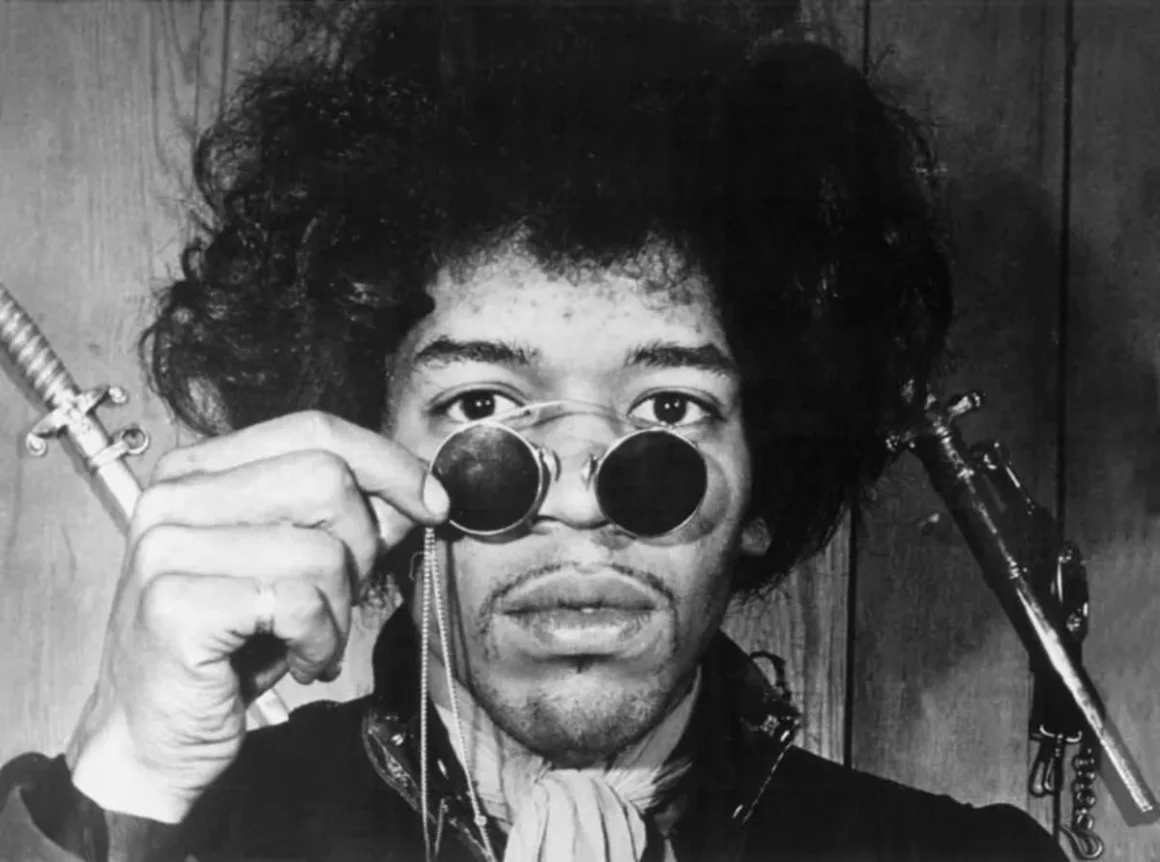Jimi Hendrix, the guitarist who revolutionized rock music with his unique blend of blues and psychedelia, is widely regarded as one of the greatest musicians in history. Without him, the guitar’s place in modern music would be unrecognizable. Similarly, The Beatles’ impact on songwriting is unmatched, and their influence still resonates through contemporary culture.
For most of his career, Hendrix had a deep respect for The Beatles, even admiring them as they pushed musical boundaries. One of the most iconic moments in rock history occurred in 1967 when Hendrix opened a show at the Saville Theatre in London by performing Sgt. Pepper’s Lonely Hearts Club Band—just days after its release—with Paul McCartney and George Harrison in the audience.
McCartney fondly remembered the performance, saying, “Jimi opened, the curtains flew back, and he came walking forward, playing Sgt. Pepper, and it had only been released on Thursday, so that was like the ultimate compliment.” McCartney commended Hendrix for mastering the music so swiftly, demonstrating his love for the breakthrough record.
However, just two years later, Hendrix’s view of The Beatles took a sharp turn. No longer just a fan, Hendrix had eclipsed them in fame, and his musical direction had veered into even more experimental territory. He began to criticize The Beatles, suggesting they were no longer the trailblazers they once were.
“I think The Beatles are going toward the past a little more,” Hendrix told International Times. He described The White Album as “an inventory of the past ten years” of rock music, implying that the group had lost its edge. For Hendrix, the album marked a decline in their creativity and boldness.
Hendrix singled out the track Happiness Is a Warm Gun as an example of what he saw as a lack of innovation. Despite his criticisms, Hendrix never denied the band’s historical significance. He acknowledged their place in music history but felt they had become part of the establishment, a far cry from the revolutionary group that had once inspired him.
Though Hendrix was critical of The White Album, McCartney’s admiration for him remained unwavering. In a somewhat humorous twist, Hendrix once invited McCartney to join a supergroup with Miles Davis, only to leave a message on McCartney’s answering machine while the bassist was away. Despite their differing artistic paths, it’s clear that Hendrix and McCartney maintained mutual respect for one another throughout their careers.







